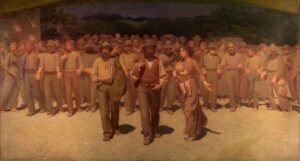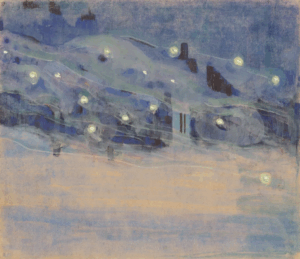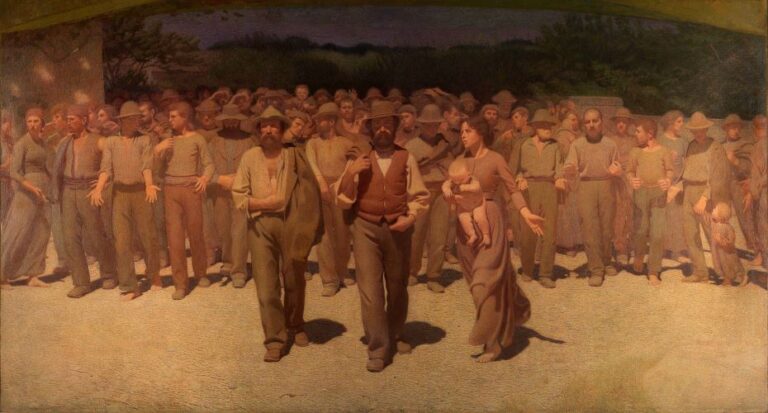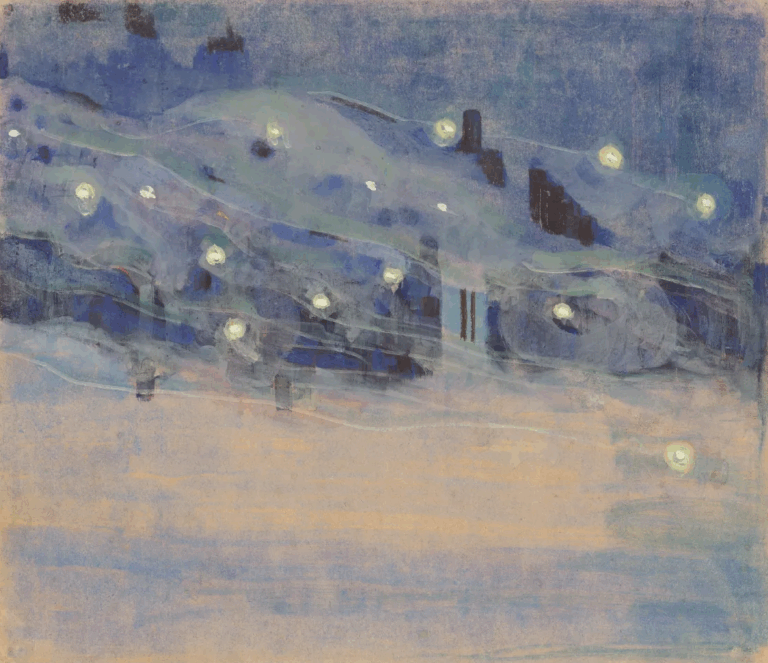Luca Ferrari, also known as Luca da Reggio (Reggio Emilia, February 17, 1605 – Padova, February 8, 1654), was an Italian baroque painter, pupil of Alessandro Tiarini and Guido Reni.
He worked on mythological subjects and on the decoration of religious buildings, primarily in the area of Central and North-eastern Italy.
Among his most important works, an Allegory of Jealousy (1641-50) featuring a winged being and a rather distressed lady holding an equally perplexed chicken.
He also did a Death of Lucretia, a Hector bidding farewell to Andromaca, a Death of Cleopatra (1644-49), and a particularly dynamic Venus preventing her son Aeneas from killing Helen of Troy.
The painting of Marianne, presumably being threatened by one of the many hitmen or by her husband himself, is currently part of the National Trust for Scotland, and preserved at Brodie Castle in Moray. It’s titled Herod and Marianne (1641-50) and it lacks… well, pretty much everything. I mean, what are those faces? Why is the other lady stopping him as if he’s simply ordering the wrong pizza? We do know that the guy is trying to kill her, right? How come we’re so romantically cool about it? Might it be because the painter is a man? Just saying.









No Comments